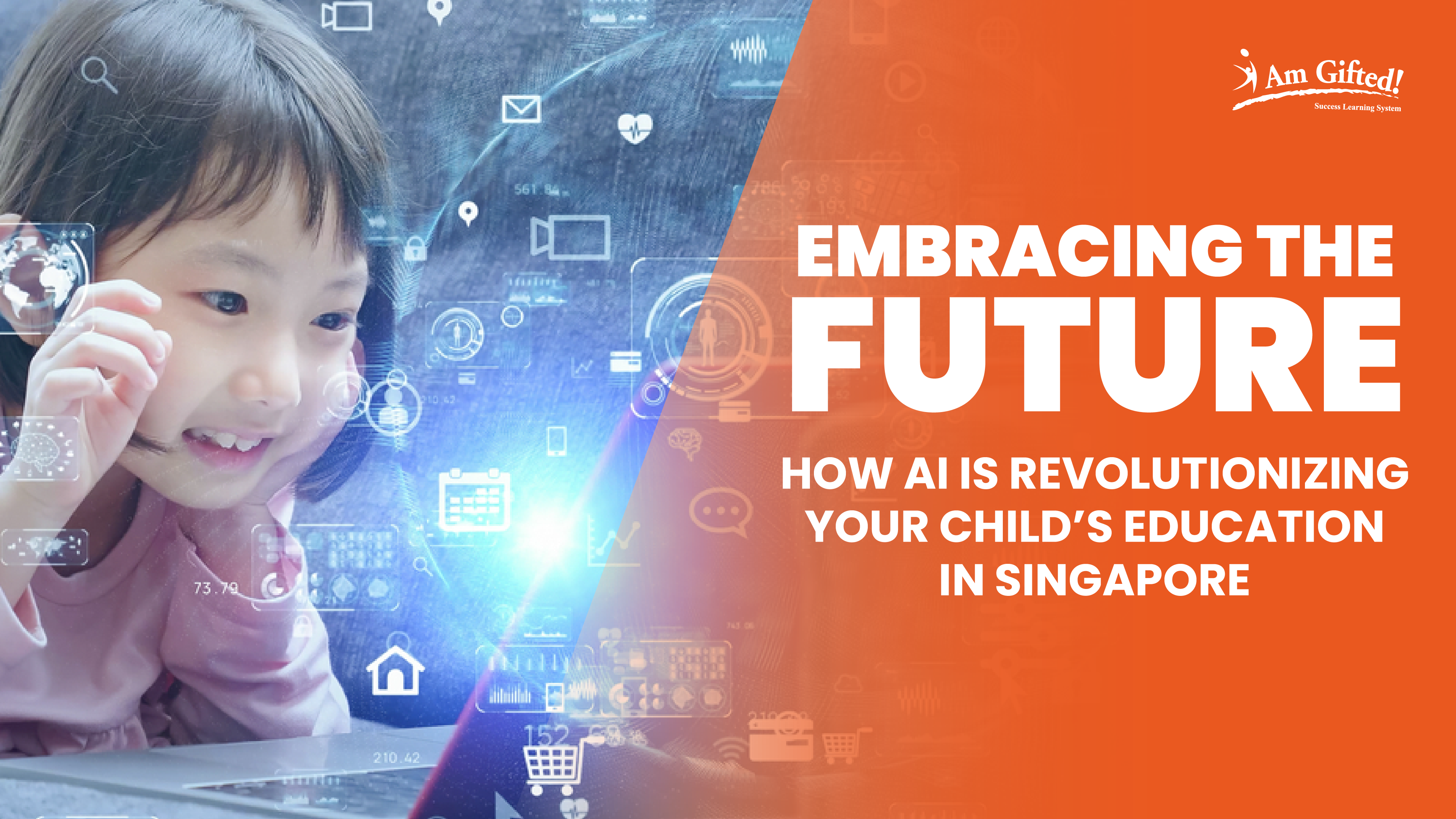Embracing the Future: How AI is Revolutionizing Your Child’s Education in Singapore
In Singapore’s fast-evolving education landscape, the integration of artificial intelligence (AI) is transforming the way students learn and prepare for the future. From personalized study tools to platforms enhancing teacher-student interaction, AI is creating a more efficient and engaging learning environment.
As a parent, you might wonder: How is AI changing education in Singapore, and how can you ensure your child benefits from these advancements? Let’s explore the potential of AI in education and how you can play a pivotal role in your child’s journey.
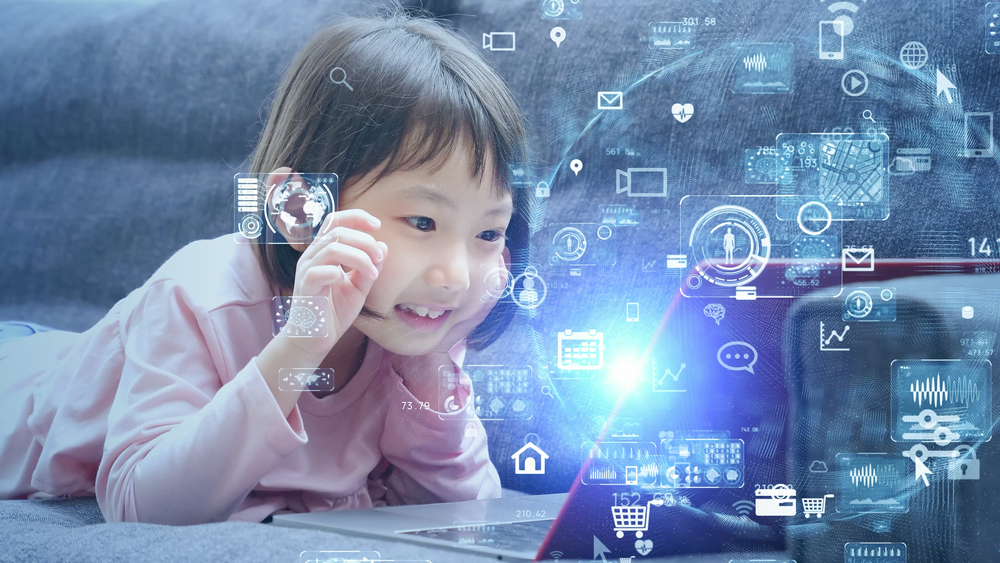
What is AI in Education?
AI in education refers to technology that enhances learning by adapting to individual needs, providing real-time feedback, and simplifying complex concepts. In Singapore, AI is already making its mark through platforms like SLS (Student Learning Space) and Edusave’s Smart Learning Tools, both aimed at making education more personalized and accessible.
How AI is Transforming Learning in Singapore
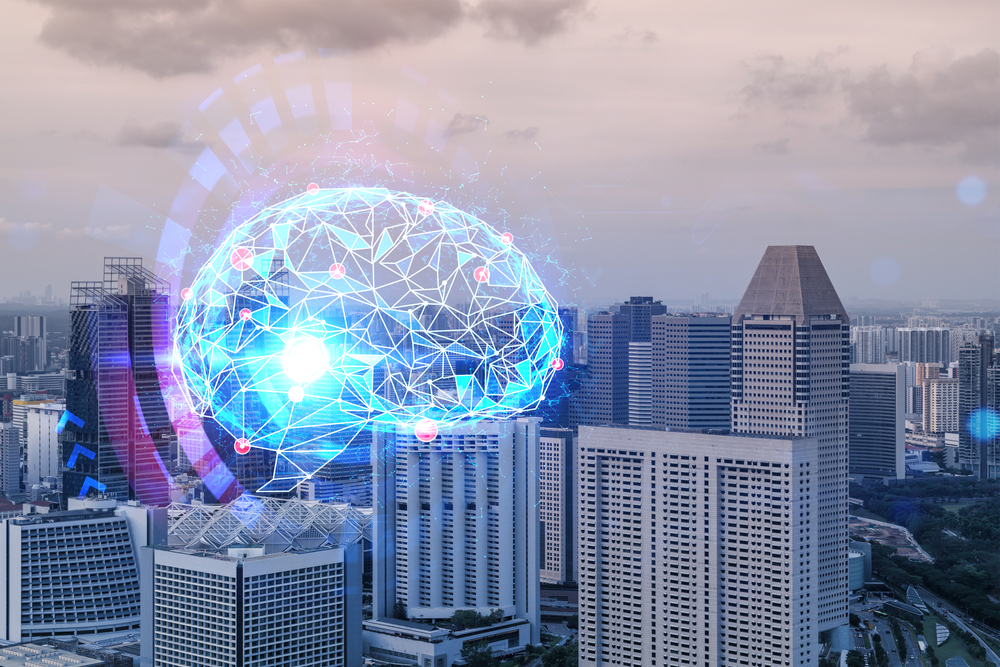
Great leaders know how to communicate clearly and effectively. Help your child enhance their communication skills by encouraging active listening, respectful expression of thoughts, and confidence in sharing ideas.
1. Personalized Learning with Tools like SLS
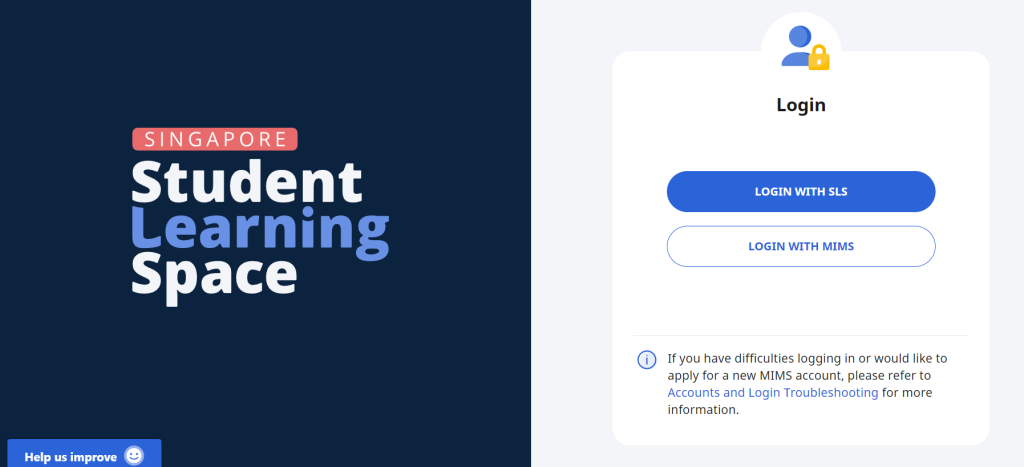
The Student Learning Space (SLS), an initiative by the Ministry of Education (MOE), is an AI-driven platform that offers students adaptive learning content tailored to their progress. From interactive lessons to quizzes, it allows students to learn at their own pace and revisit concepts as needed.
Why It Matters:
This approach ensures that no student is left behind, particularly in a competitive education system like Singapore’s.
2. Enhanced Study Assistance
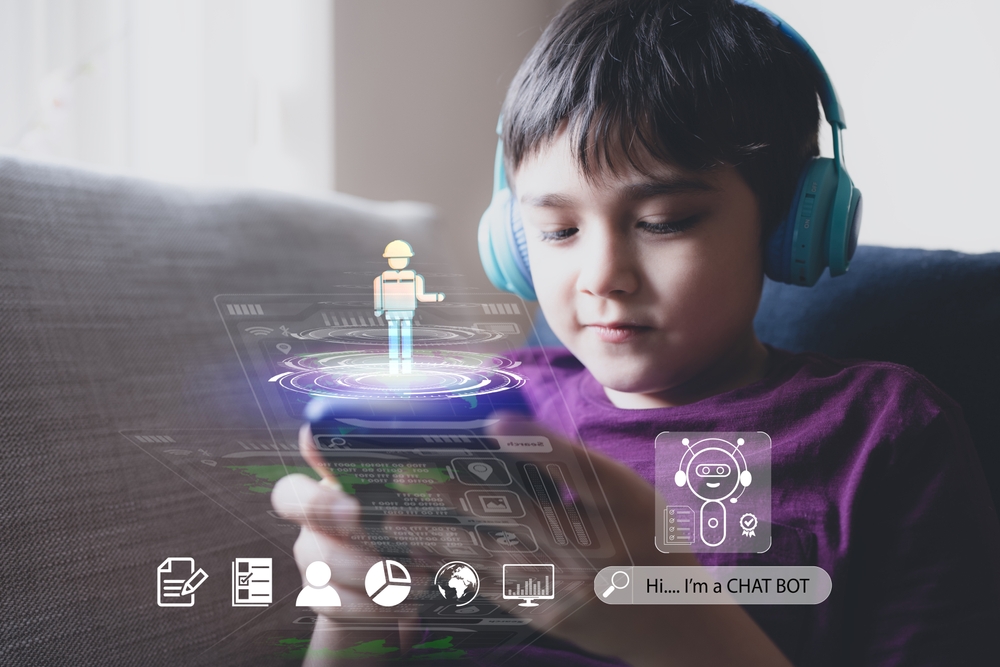
AI-powered tools like AskNLearn and chatbots used in schools help students with instant answers, feedback on their work, and additional resources for difficult subjects like Math and Science.
Why It Matters:
This approach ensures that no student is left behind, particularly in a competitive education system like Singapore’s.
3. Bridging Gaps in Tuition and Support
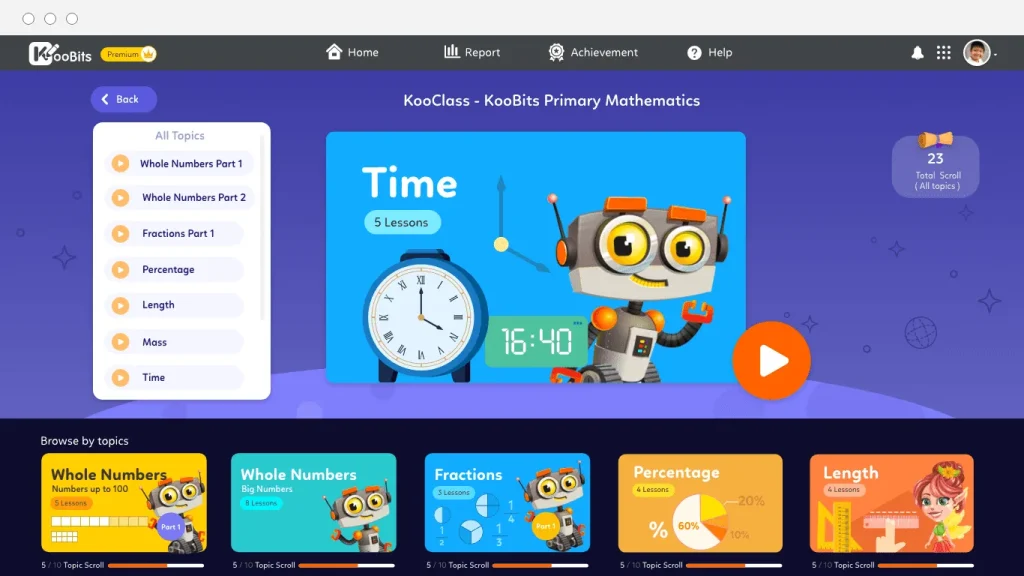
For students who may not have access to private tuition, AI-based platforms like KooBits (for Math mastery) and AI Singapore’s 100 Experiments project provide additional learning resources.
Why It Matters:
Such platforms level the playing field by offering affordable and accessible learning tools to all students.
What Parents Can Do to Support Their Child
AI can’t replace the guidance and encouragement of a parent. Here’s how you can ensure your child benefits from these advancements:
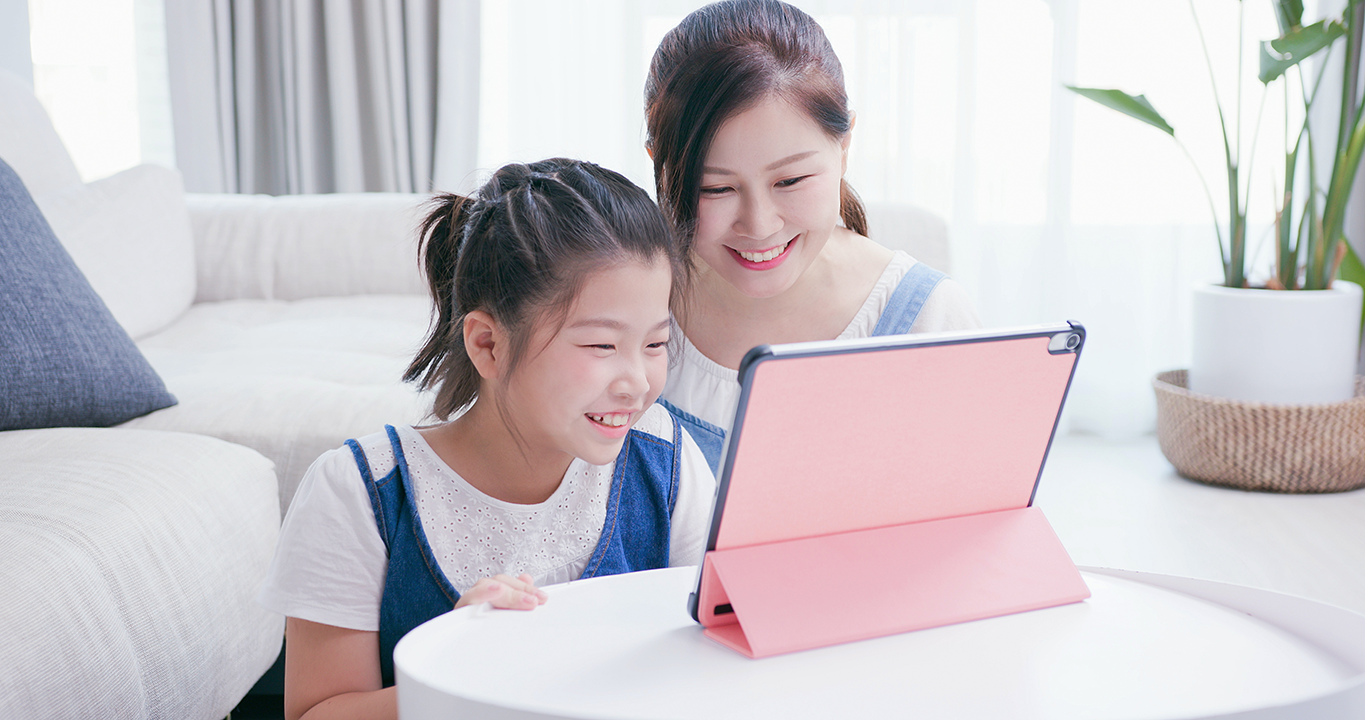
1. Encourage Exploration
Introduce your child to platforms like SLS or KooBits. Familiarity with these tools will help them make the most of what AI offers.

2. Focus on Balance
While AI tools are useful, remind your child to balance screen time with human interaction and physical activities.
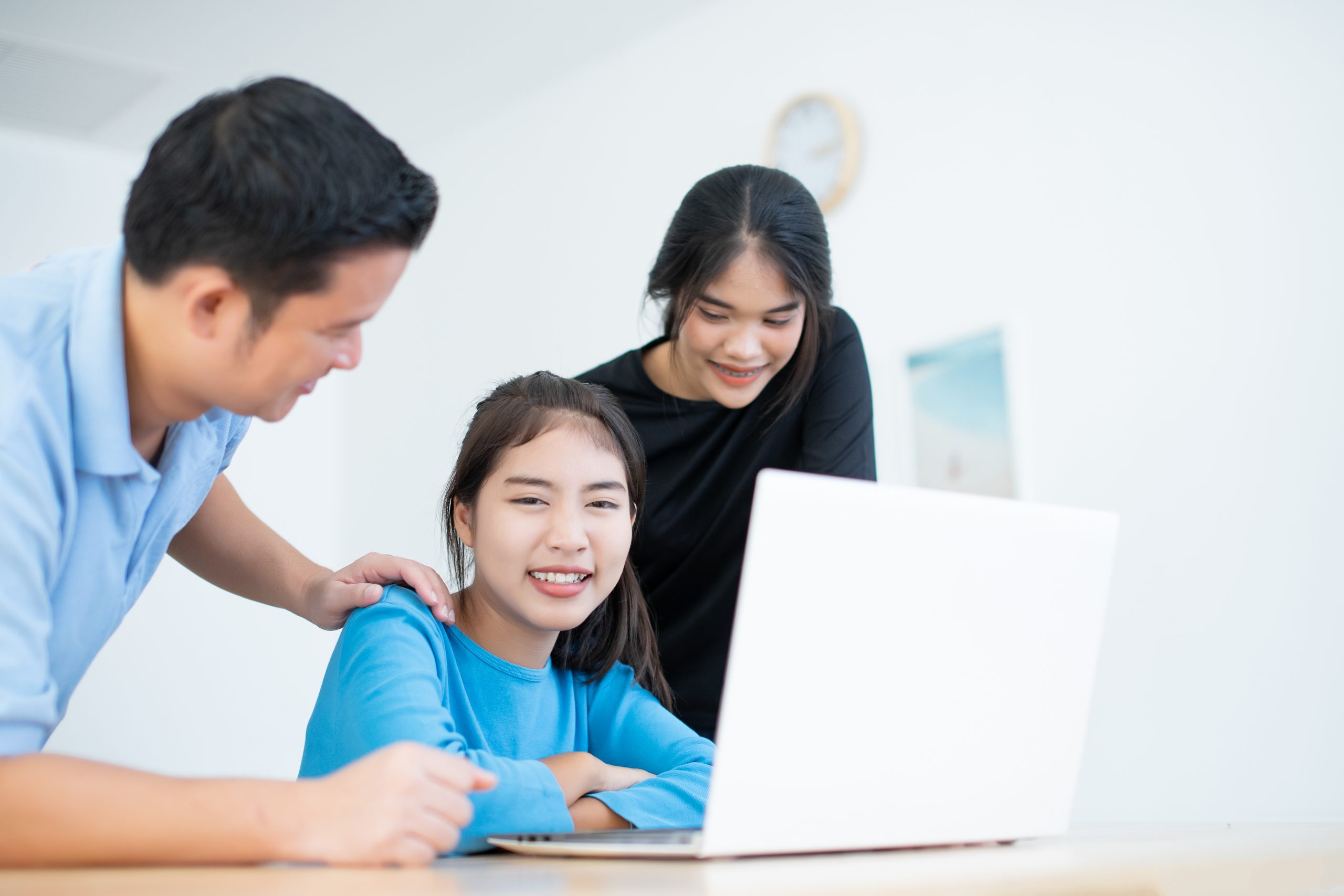
3. Teach Digital Responsibility
Help your child use AI tools responsibly. Teach them to question and verify the information provided to build critical thinking skills.

4. Collaborate with Teachers
Stay updated on how AI tools are used in schools and communicate with teachers about your child’s progress.
Why AI in Education Matters
In Singapore, where academic excellence is highly valued, AI offers a new way to help students achieve their potential while making learning more efficient and enjoyable. However, technology is just a tool—parents and educators remain the cornerstone of a child’s success.
By staying informed and involved, you can guide your child to embrace AI responsibly and ensure they reap its benefits while staying connected to traditional values like hard work, curiosity, and resilience.
Let’s make 2025 a year of growth and possibilities for your child! 

If it is possible for others, it’s possible for you.
It is only a matter of strategy.
No matter what strategies you decide on, whether to pick up a relevant self-help book or attend a prestigious school holiday programme, remember that it all begins with your beliefs – how you see yourself and what you say to yourself every day.




